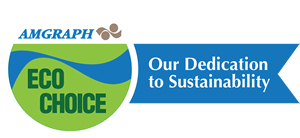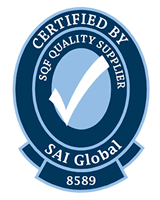A new position paper from the World Packaging Organisation highlights projects and trends from 21 countries.
A recent article on Packaging Digest’s website took a deep dive into the position paper “Sustainability Perspectives Across the Globe” produced by the World Packaging Organisation (WPO). This paper explores recent sustainability trends, barriers, challenges, and initiatives in 21 countries, and it covers the topics discussed in WPO’s recent Sustainability & Save Food working group meeting.
Common themes include designing out waste, eliminating problematic materials, phasing out single-use plastics, incorporating more recycled content into products, and ensuring that materials and packaging are capable of being collected, sorted, recycled, reprocessed, and put back into other solutions. According to the article, this extensive paper provides details on many regional and country-based sustainability initiatives, including the Ellen MacArthur Foundation’s Plastics Pact Network, which includes countries such as Poland, India, Kenya, and the Australia, New Zealand, and Pacific Islands (ANZPAC) region.
Additionally, the paper provides an update on WPO sustainability guidance, which includes “Waste Stream Mapping Guides” that enable packagers globally to map waste streams and determine technically recyclable packaging types. Currently, there are 21 “Waste Stream Mapping Guides,” with more to follow in 2023.
There have been a number of impactful legislative changes in Ireland, such as levies on all single-use packaging, incentives for using sustainable alternatives, mandated segregation of commercial waste, and no more new licenses for extracting/mining coal, oil, and gas. Israel, a newer WPO member, has several projects focused on the circular economy and closing the loop for recyclable materials. Thailand’s Food and Drug Administration is reviewing the use of recycled polyethylene terephthalate (rPET) and recycled HDPE (rHDPE) in food-contact packaging materials, and South Korea’s Ministry of Food and Drug Safety already permits the use of rPET in food-contact materials. India’s Plastic Waste Management Code also allows recycled plastics in food packaging.
According to the article, the US was cited in the paper for the success of polypropylene’s turnaround from “check locally” on How2Recycle labeling to returning to the polymer’s prior “widely recycled” labeling status whereby 60% of the country has access to PP recycling.
Quoted in the article, Nerida Kelton, vice president, Sustainability & Save Food at the WPO, said “Everyone has a role to play to ensure that packaging is being designed to provide the lowest environmental impacts wherever possible and that the materials and formats are fit-for-purpose, functional, and truly capable of being collected, sorted, recycled and reprocessed.”
Read the full article on Packaging Digest’s site, and if you’d like to see the full WPO paper.
There’s no doubt that eliminating waste and improving sustainability will continue to be worldwide priorities. Whether it’s mandated through legislation or incorporated to meet company sustainability goals, earth-friendly packaging is becoming an important consideration for virtually every consumer brand. If you need help reaching your green goals with your packaging, give AMGRAPH a call! This has been our focus—and our passion—for decades.









